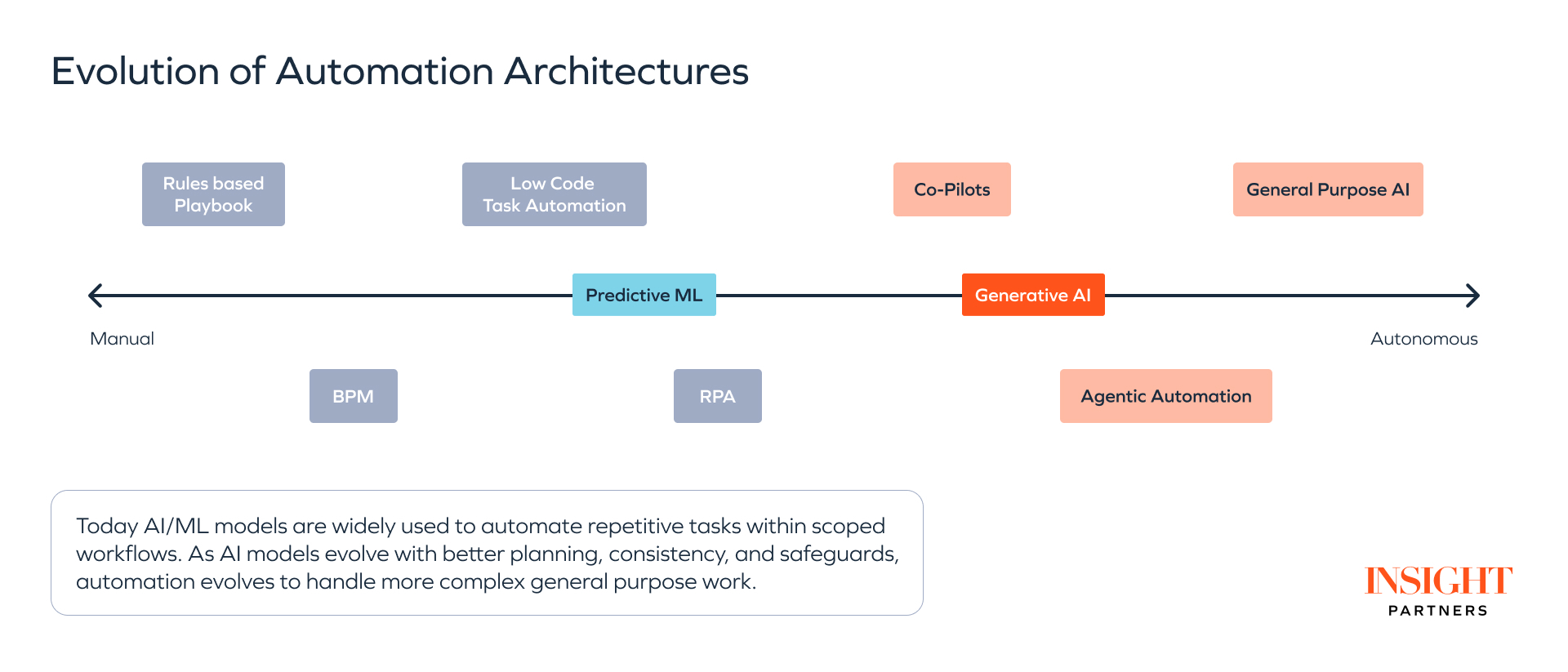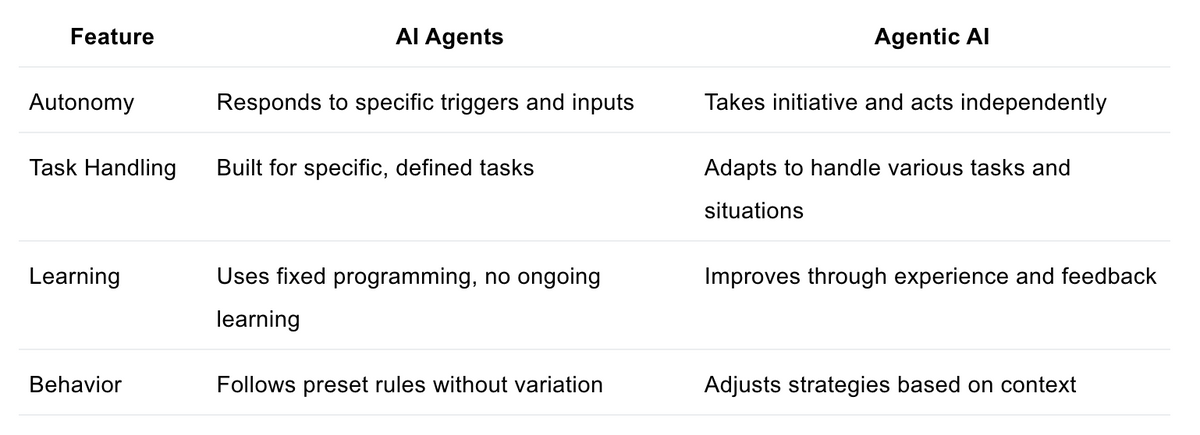Google Gemini's Agent Mode And Project Mariner Show The Future ...
At Google I/O 2025, the tech giant announced the latest advancements in Project Mariner, a next-generation AI agent that can perform automation tasks and navigate the web like a digital executive assistant. Integrated into the Gemini app’s new Agent Mode, the rapid innovation of AI-based automation, with AI agents and Agentic AI approaches marks a rapid evolution from traditional automation approaches.
Advancements in AI Technology
Born out of research at Google’s DeepMind, Project Mariner aims to act directly on behalf of the user by understanding and manipulating web content, such as clicking, scrolling, and submitting forms just as a person would. It leverages advanced vision-language models to interpret not just text, but visual elements like buttons, charts, and images. This native multimodality, Mariner’s ability to process and act upon mixed media inputs, is a key differentiator in the growing landscape of AI assistants.

With the newly unveiled “Teach and Repeat” capability, users can demonstrate an action once, such as filling out a complex travel form, and Mariner will replicate the sequence across similar contexts. It can even handle multiple tasks in parallel, up to 10 simultaneous tasks in this latest release, making it capable of autonomously comparing and booking travel options or filtering data across web apps like Zillow and LinkedIn.
Agent Mode in Gemini App
Google’s Agent Mode, now live in the Gemini app for Ultra tier subscribers, is the interface through which Mariner becomes truly useful. Tell Gemini to “find me two-bedroom apartments under $2,500 with in-unit laundry near downtown Austin,” and it will execute a search, apply filters, and surface listings, no clicks required. This task delegation interface blurs the line between search, automation, and conversation. The AI not only retrieves information via links, but it performs digital work on your behalf.

Currently, Agent Mode is available in an experimental phase to subscribers of Google’s AI Ultra plan, with broader access anticipated in the coming months. Project Mariner is also expected to be accessible through Google's AI Mode in Search, initially via the Search Labs program.
Evolution of AI Automation
As AI automation tools evolve, so too does the language used to describe them. Increasingly, experts distinguish between Agentic AI and AI Agents. While the terms were once used interchangeably, they now signal divergent design philosophies.
Mariner fits squarely in the Agentic AI camp. It doesn’t require you to map out a process. You simply describe your intent, and it figures out how to execute, even in unfamiliar digital environments.

Research from Randstad Enterprise notes that nearly 40% of RPA implementations stall due to the fragility of rule-based scripts. As AI agents become more autonomous and multimodal, organizations may no longer see value in maintaining brittle automation scripts when they can simply ask an AI to get the job done.
Other players are quickly moving into this space. OpenAI’s “Operator” initiative explores similar territory, while startups like Adept and Rewind.ai are racing to build “action-taking” AI agents. What sets Google apart is its broad ecosystem, from Search and videos to Chrome to Gmail to Android, which gives Mariner a head start.





















